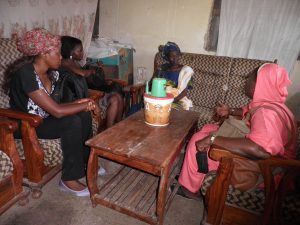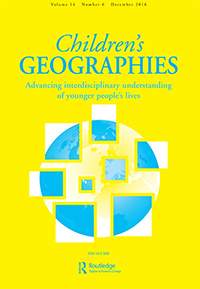Although my work was based in the UK for many years, more recently I have welcomed opportunities to research aspects of children’s lives in China, and family experiences of death in Senegal. In these projects, I’m driven by the need to step outside the perspectives of the minority, affluent worlds in which I live, to find out what it is ‘we’/I don’t know. Knowledge needs to be diverse and flexible – while remaining robust – if it is to become something really useful in a complex and often intolerant world in which globalisation and technology increasingly compress time and space, bringing diversities into sharp relief with major human consequences.
Yet short-term qualitative research falls painfully short of the anthropological gold standard of studying diverse peoples by learning new languages and immersing oneself in the field. Researching ‘abroad’ has involved steep learning curves. I have relied heavily on team-working with Chinese and Senegalese academics and with UK researchers already familiar with these contexts. The careful focus on the details of constructing our research has been crucial, alongside an awareness of broader power structures and dynamics that impinge on our work”.
Read the full version of Jane’s Methods in Motion blogpost…



